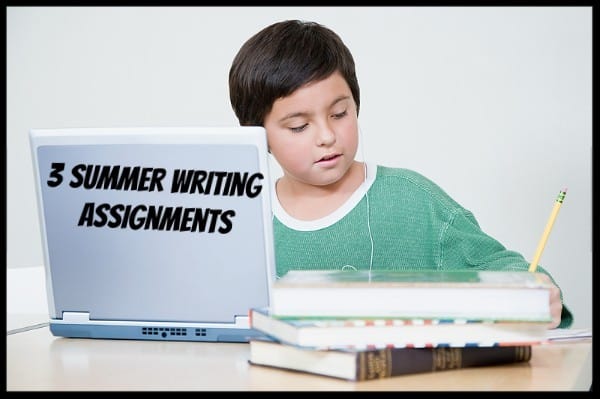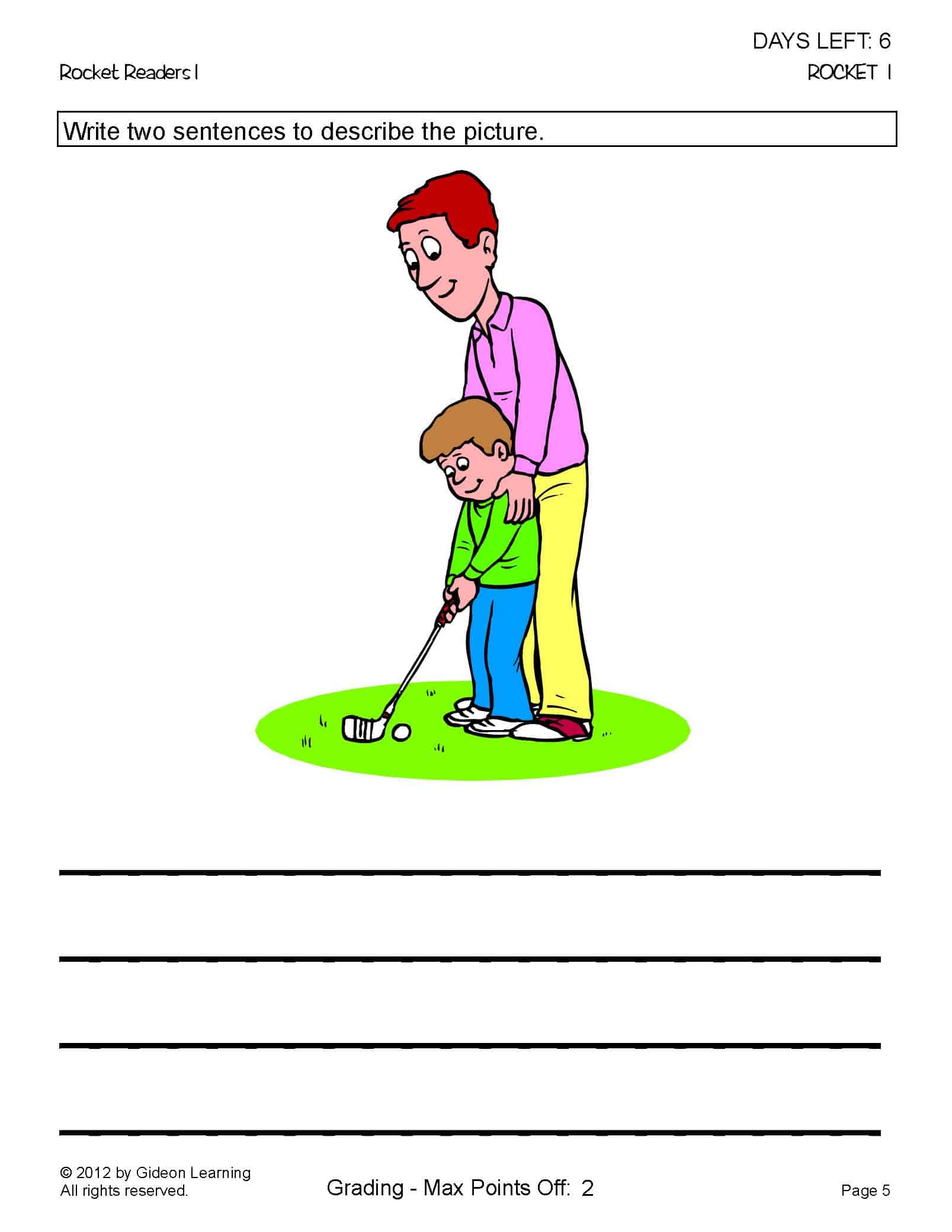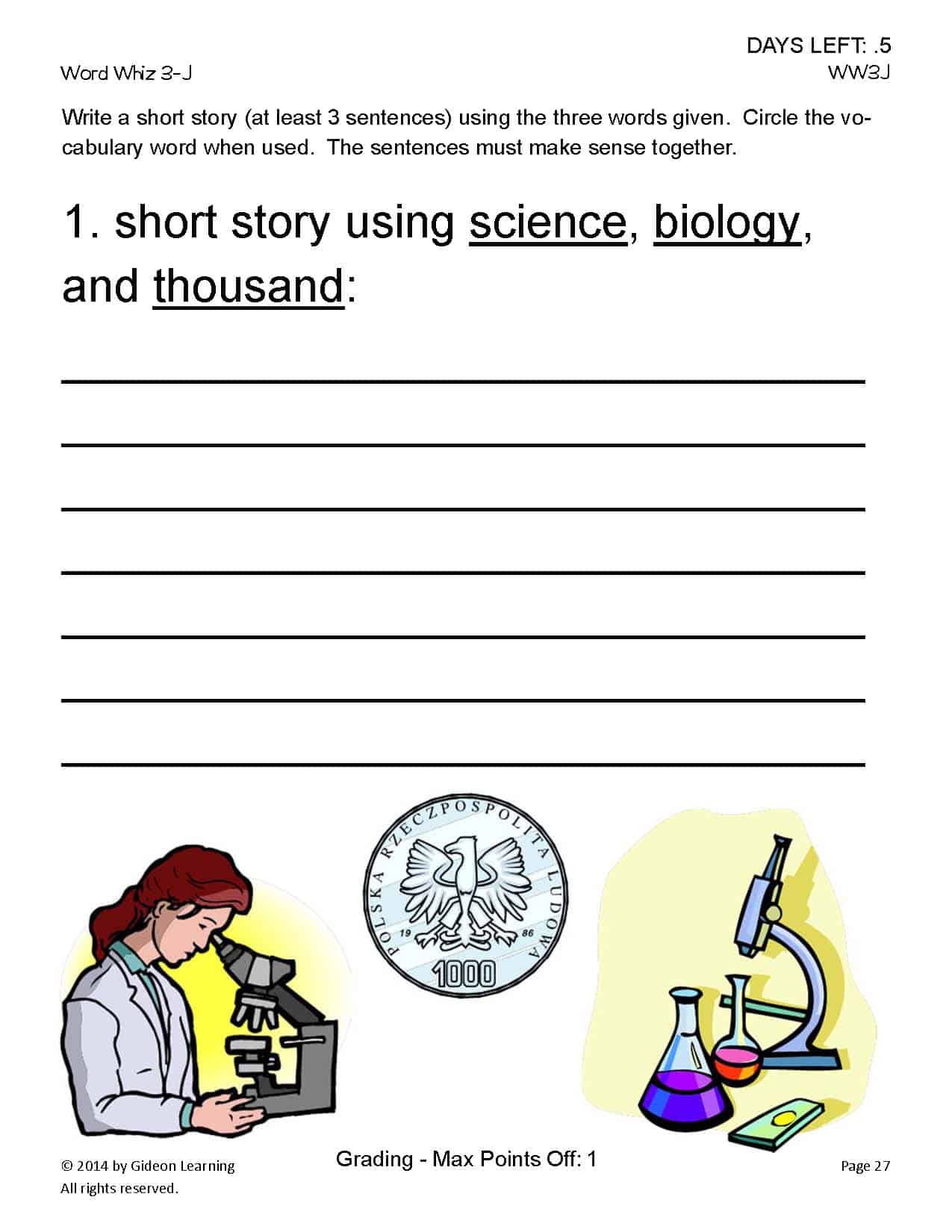Reading, Young Learners
From JoanneJacobs.com
June 16, 2012
Giving 40 books to each student in second and third grade for their home libraries — 1,000 books over two years — turned struggling readers into confident readers, writes Justin Minkel, who teaches in Arkansas, on Education Week Teacher. Twenty of the 25 students speak English as a second language; all but one live under the poverty line.
Home reading surveys showed that at the beginning of 2nd grade, my students had access to an average of three books at home. Increasing this number to 40 or more books had far-reaching effects. Students’ fluency improved because the children could engage in repeated readings of favorite “just right” books, and parents reported increased time spent reading at home during weekends, holidays, and summer break.
The only incentive for this increase in reading time was intrinsic: the pleasure each child felt in reading his or her own book, beloved as a favorite stuffed animal.
Scholastic donated 20 books per child. The teacher bought the others with his own money and donations. Each month, children received copies of class read-alouds, guided reading books and books they’d chosen from Scholastic’s website.
At a cost of less than $50 each year per student, his 25 students made greater reading progress than he’d ever seen before. Second graders started with a picture book, Where The Wild Things Are, and finished third grade with The Lightning Thief, which is geared toward 5th and 6th graders.
“I watched child after child become a different kind of writer, thinker, and human being because of his or her growth as a reader,” Minkel writes.

Independent Learners, Reading, Young Learners
From golocalworchester.com:
Saturday, June 09, 2012
John Monfredo, GoLocalWorcester Education Contributor
All children look forward to the summer time as a break from the daily routine of going to school. However, for many children, it’s a time when, as the researchers say, the achievement gap widens. This is the time that researchers call the summer slide (the learning loss that occurs over the long, lazy summer break). The summer slide is the result of children being away from school and not reading. Reading is like playing a musical instrument, for it is a skill that continues to improve through practice.
Some districts across the nation have made summer learning a priority based on research that has found the summer months caustic for low-income students who lack opportunities in enrichment and are not encouraged to engage in literacy activities.
Low Income Students Affected More
The especially tricky thing about summer learning loss is that it tends to disproportionately affect low-income students whose families lack the money to send them to summer camp, buy them books, or take them on outings and vacations. For the low income children a lack of books poses the greatest barrier to achieving literacy. This is the reason I started Worcester: the City That Reads,” and the organization has collected over 120,000 books during the past six years, putting them into the hands especially of low-income children for summer reading.
As a former principal and now as a school committee member and director of Worcester: the City that Reads with my wife, Anne-Marie, I have worked to make the community aware of the summer slide and have continued to encourage the community to address this issue. I’m pleased to say that each year more and more social agencies are including literacy as part of their programs in the summer time. However, more work still needs to be done! We still need additional summer programs, more parental awareness, more health agencies talking about both nutrition and literacy, and our schools need to give this issue a high priority.
In addition, more outreach to our parents is needed for parents are the child’s first and most influential teachers and it’s up to them to make sure that children continue reading throughout the summer months.
Study after study confirms that students who attend summer programs can halt the educational loss and do better in school than their peers who do not attend the same programs. Instruction during the summer has the potential to stop summer learning losses and propel students toward higher achievement. My advice, get your child into a summer school program!
Parents, do you know that…
•Children who read one million words in a year score in the top two percent on standardized tests.
•In a year, children learn 4,000 to 12,000 new words by reading books.
•91% of children are more likely to finish books they choose themselves.
•Out-of-school reading habits of students have shown that even 15 minutes a day of independent reading can expose students to more than a million words of text in a year.
•The U.S. Department of Education found that, generally, the more students read for fun on their own time, the higher their reading scores.
Whether through a large bookseller, a literacy program, school, or your local library, it is easy to find a summer reading program for your children, of any age, to participate.
Here’s something to consider: Barnes and Noble has a summer reading program that requires kids to read any eight books, and write their favorite part of each book in a reading journal. When kids bring their completed reading journal to their local store, they get to choose a free book.
Another book company, Scholastic, has a summer challenge for kids – to read every day this summer. Their free online program involves logging reading minutes and earning prizes. They even have a Reading Timer app that can be downloaded for free. Scholastic is also encouraging students to help set a new world record for summer reading.
As we all know the best bargain in town is still your Worcester Public Library, and all parents need to do is bring their child to the library and get a library card. The card will be their ticket for summer reading and to a life time of enjoyment. On the negative side of this issue, many parents don’t find the time to bring their child to the library or live so far away from the library that it is difficult for them to get to the library. Well this year we have the “Mobile Express”, a library on wheels that will be visiting neighborhoods. Check with the Worcester Public Library and see when they will be in your area.
Parents need to remember that in the Worcester Public Schools that summer reading is required for your child before returning to school.
Information will be sent home with the children during “Reading in Our City Week… June 10th” and the requirements (five books read and an activity sheet for each of the five books count for 10% of the first quarter English grade.) There is a list of authors for children to consider. Parents are also given suggestions on how to help their child at home which include providing a space in the home with a variety of reading materials, reading daily with your child for at least 20 minutes a day, and also the importance of bringing them to the library.
Other suggestions that I’d like to share with you are as follows:
•MAKE THE TIME – Establish quiet reading time after lunch or in the morning as a part of your child’s daily summertime routine.
•SHOP SMART – look for books at yard sales and used book stores for you could save yourself some money.
•CHECK FOR READING TIME MEETINGS – check out the Worcester Public Library, books stores such as Barnes and Noble, and museums.
•TURN OFF THE TV – During the summer, it’s more important than ever to limit the number of hours of television children watch.
•REWARD READING – It’s fine to use incentives. Start with a sticker chart and let your child earn new paperbacks or special outings with you.
•COOK AND READ – As you prepare a meal together, have your child read the recipe aloud to you.
•WRITE BOOK REVIEWS – Whenever you read a book to your child together write a short review. The review might read, “I can’t believe the things that Pippi dreamed up to drive her parents crazy.”
•LIBRARY TIME – Go to the library together and find a good book. If there is a movie about the book get the movie too. Then compare the book with the movie and include lots of details about why one was better than the other. Remember, the library can provide you with all the books you’ll ever need, free of charge. The investment is nothing more than a little bit of your time with a guaranteed return that can’t be measured.
•MANY CHILDREN’S MOVIES AND TELEVISION shows are based upon stories and books. Encourage your child to read books based on the story or television show. This is a good way to get adolescents and reluctant readers involved in reading books.
Who knows, by keeping children reading throughout the summer, your child may start off the new school year ahead of the game and be excited to share some favorite books with their new teacher and classmates! Let’s get our children reading and writing throughout the summer! Remember, children who develop the habit of reading not only learn to be better readers but also achieve greater success in school.
The bottom line is make literacy a priority in your home.
Independent Learners, Reading, Young Learners
A great article from specialeducationadvisor.com by Dr. Gary G. Brannigan and Dr. Howard Margolis highlights ways to build a struggling reader’s vocabulary.
If struggling readers do not have strong knowledge of the vocabulary they hear in class and see when reading, they cannot become good readers.
1) Ask Struggling Readers to Go Beyond Dictionary Definitions of Words: If the word’s important, help your child or student discuss its meaning, its parts (e.g., prefix), and its use. If possible, use lots of pictures, diagrams, and skits. If the word is grimace, start grimacing; ask your child or student to start.
2) Give Struggling Readers Repeated Exposure to Important Words: Provide your child or student with repeated exposure to important words, words you think he needs to learn, remember, and use. Make sure he sees the words in a variety of reading materials and often hears them at home or in class. When he writes, encourage him to use these words.
3) Help Struggling Readers Relate Their New Word to What They Already Know: Ask your child or student how his new word resembles or differs from words he knows. Ask him to associate his new word with what he thinks it relates to, such as “asteroid” reminds him of space. Ask him to use his new word to explain what he already knows.
Want more details on each tip? Read the full article!
This full column was originally published by Gary G. Brannigan, Ph.D. & Howard Margolis, Ed.D. in www.reading2008.com/blog . They also coauthored Reading Disabilities: Beating The Odds, a book to help parents identify reading difficulties, understand special education laws, work with schools, and, if necessary, challenge them to get their children needed services. It was listed as one of the three best books about education in 2010 by Psychology Today, and is available at www.amazon.com & www.reading2008.com . Also look for their forthcoming book, Simple Ways To Maximize Your Child’s Potential.





